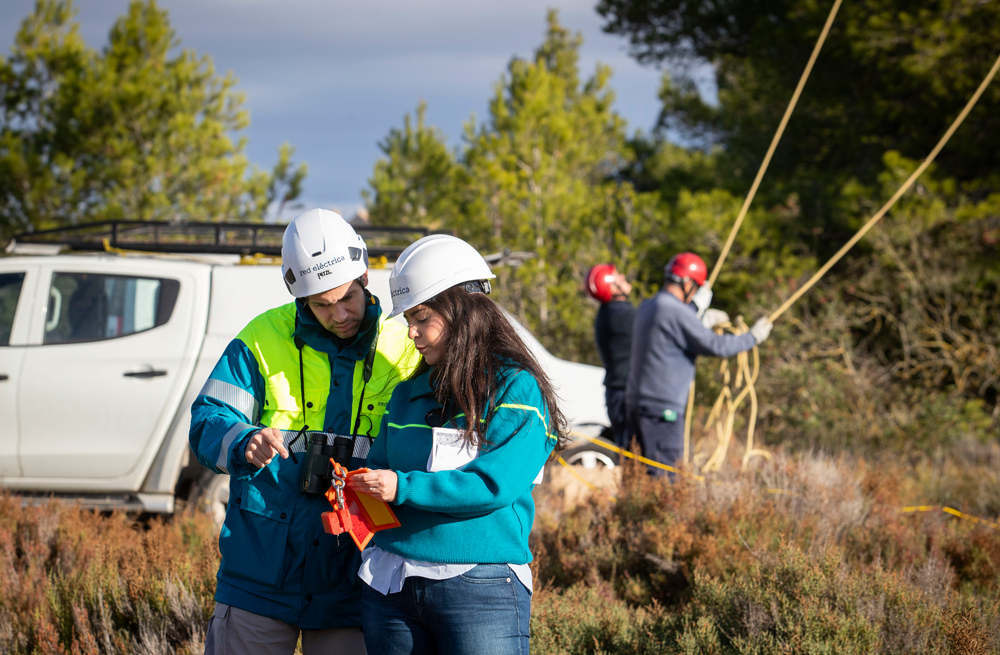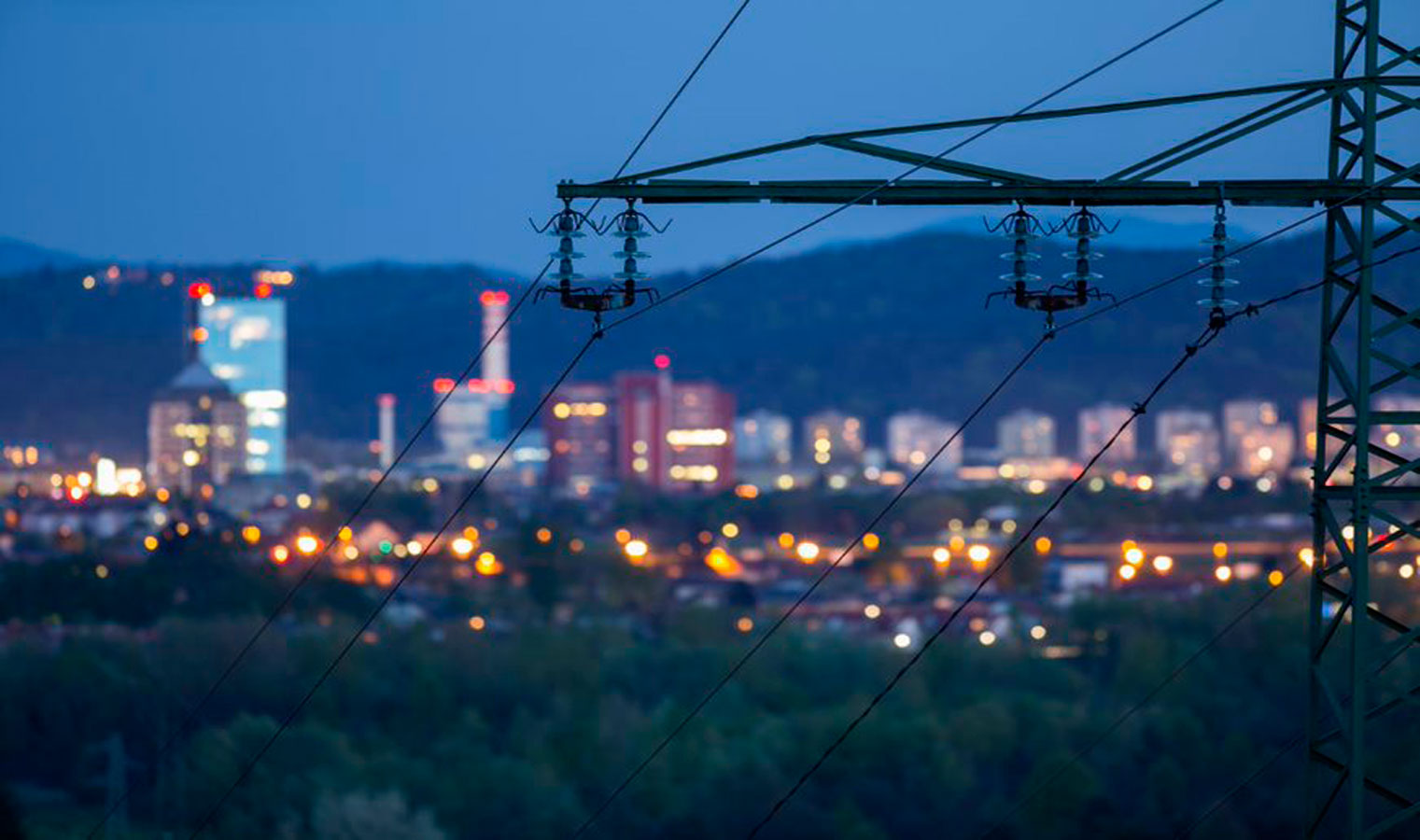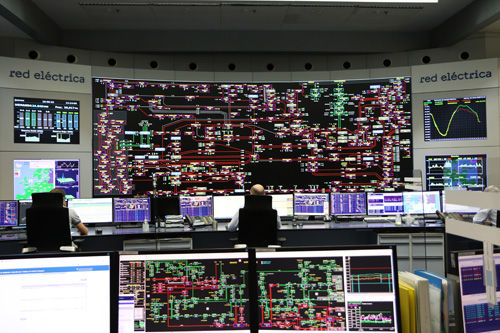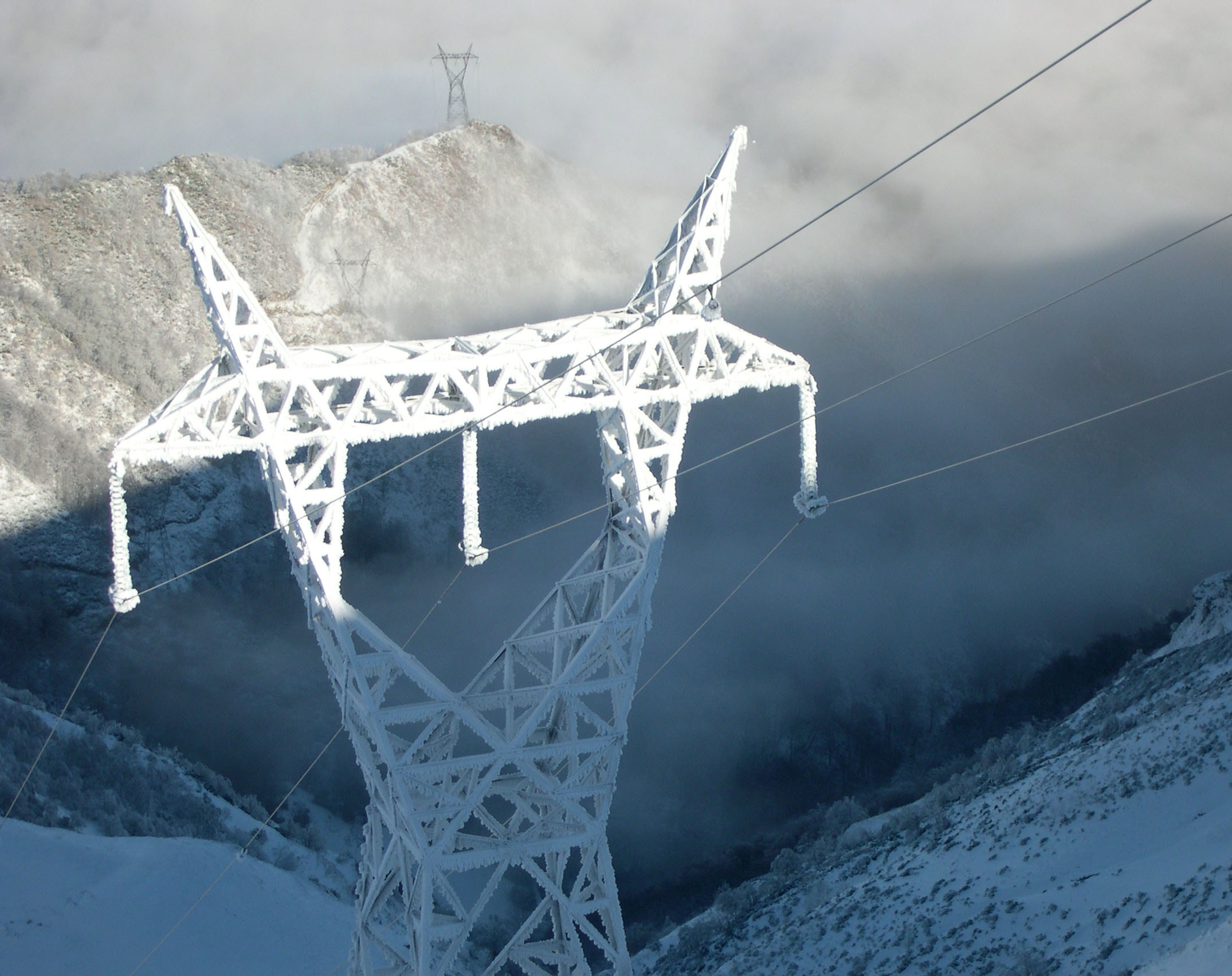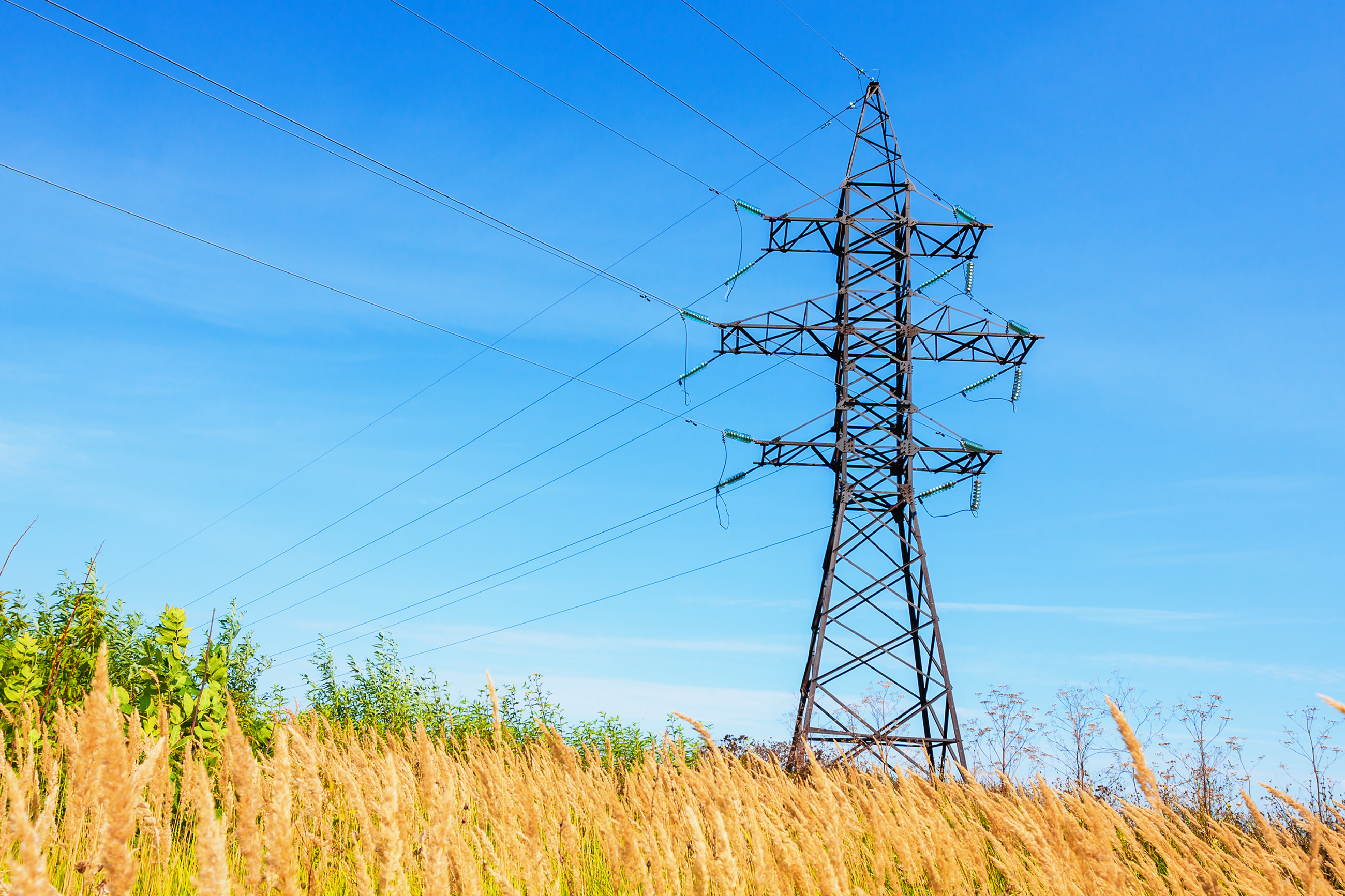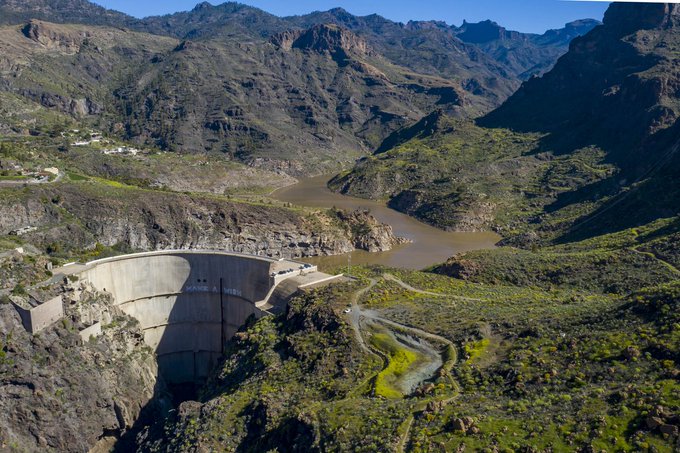Discover what Red Eléctrica is, what we do, and why we are the backbone of the electricity system in Spain and the ecological transition.
Red Eléctrica Group joins Alianza País Pobreza Infantil Cero
Red Eléctrica Group has joined the Alianza País Pobreza Infantil Cero (Country Alliance for Zero Child Poverty) created by the Alto Comisionado para la Lucha contra la Pobreza Infantil (High Commissioner for the Fight against Child Poverty) with the aim of ensuring that the country provides equal opportunities for all children and to break the cycle that generates this situation.
The President of the Government, Pedro Sánchez, unveiled this alliance today at La Moncloa, which brings together more than 75 companies, foundations, third sector organisations and public administrations.
Through this initiative, the Group is committed to working towards achieving the Alliance's objectives, especially objective number 1: to guarantee inclusive, quality education that allows the potential and talent of all students to be developed; to this end, it will promote the reduction of the digital divide among the most disfavoured students.
In this regard, the company is particularly sensitive to this need due to its activity in the telecommunications sector, on the one hand, through its subsidiary Reintel, which works in the deployment of dark fibre optic and already has a grid of more than 50,000 km and, on the other hand, through Hispasat satellites, which are able to reach the most isolated areas.
"Today, connectivity must be a basic resource, like water or electricity. We cannot allow there to be a single child who cannot continue their education due to lack of internet access", stated the Group's president, Beatriz Corredor, after the unveiling of the alliance. To this, she added, "without a doubt, connectivity means enormous opportunities for rural Spain by guaranteeing essential activities such as work, distance learning, tele-assistance and even leisure".
The COVID-19 pandemic and the need to attend classes from home have highlighted the close relationship between the digital divide and the educational divide. As reported by specialised children's organisations such as Save the Children and Unicef, the lack of access to quality internet or appropriate devices for online study, as well as the lack of digital skills in the people around them, mean that many schoolchildren cannot continue learning at the level and pace of those who do have access to digital resources. As a result, inequality is growing among the most vulnerable students and the risk of being locked into a cycle of poverty is increasing.
In Spain, 100,000 households with children and a net monthly income of less than €900 do not have access to the internet and a further 235,000 households can only connect to the internet via mobile phone, according to the latest INE ICT Equipment and Use Survey of 2019.
The digital divide exists not only between children from low and middle or high income families, but also between rural and urban dwellers. According to the latest Broadband Coverage report from the Ministry of Economic Affairs and Digital Transformation, 13.4% of rural areas in Spain do not have internet access of at least 30 Mbps speed through terrestrial networks and 50.2% lack coverage of ultra-fast networks of more than 100 Mbps.
